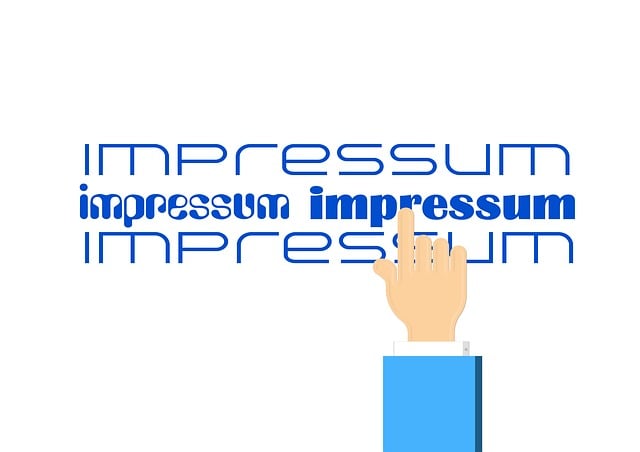Responsible gambling prioritises controlled betting, mitigating harm to oneself or others by understanding risks and maintaining gaming's positive impact on life. Early recognition of problem gambling signs, like increased betting amounts, secrecy, mood swings, and neglect of responsibilities, is crucial. Support groups, counseling, and open conversations about spending habits aid recovery. A holistic approach emphasizing patience, understanding, and responsible practices fosters healthier relationships with games of chance, promoting long-term well-being.
Helping a problem gambler is a crucial step towards fostering healthier communities. This article guides you through understanding responsible gambling, its impact on individuals and society, and identifying signs of problem gambling. We delve into effective strategies for supporting and encouraging recovery, emphasizing the importance of early intervention and continuous care in addressing this complex issue. By adopting responsible gambling practices, we can mitigate risks and promote well-being for all.
- Understanding Responsible Gambling and Its Impact
- Identifying Signs of Problem Gambling
- Supporting and Encouraging Recovery for Problem Gamblers
Understanding Responsible Gambling and Its Impact

Responsible gambling is a crucial concept that involves betting in a way that’s under control and within one’s means, minimising potential harm to oneself or others. It’s about understanding and accepting the risks associated with gaming, ensuring it doesn’t negatively impact daily life, relationships, or financial stability. By promoting responsible practices, such as setting limits on spending, taking breaks from gambling, and only participating for entertainment purposes, we can foster a healthier relationship with games of chance.
The impact of irresponsible gambling can be far-reaching, affecting individuals, families, and communities. It may lead to severe financial losses, relationship issues, and even mental health problems. Recognizing the signs of problem gambling—such as increased betting amounts, lying about gambling habits, or feeling guilty after gaming—is essential. Early intervention and support from peers, professionals, or helplines can make a significant difference in helping individuals regain control and lead healthier lives.
Identifying Signs of Problem Gambling

Identifying problem gambling early is crucial for helping someone overcome it. Signs can be subtle but may include a preoccupation with gambling, frequent trips to casinos or betting sites, secretive behaviour around financial transactions, and increasing debt despite losing money. Additionally, mood swings, loss of interest in hobbies, and neglect of personal responsibilities are red flags.
Promoting responsible gambling is key to spotting these signs. Encouraging open conversations about spending habits and gaming preferences can help individuals recognize problematic patterns. Resources like support groups and counseling services play a vital role in supporting those struggling with gambling addiction by providing tools for managing urges and fostering healthier coping mechanisms.
Supporting and Encouraging Recovery for Problem Gamblers

Supporting and encouraging recovery for problem gamblers is a multifaceted process that demands patience, understanding, and a deep commitment to responsible gambling. The journey to recovery often begins with acknowledging the issue and seeking help, which can be facilitated by creating a safe, non-judgmental environment. Family and friends play a pivotal role in this initial phase, offering emotional support and helping the gambler recognize the negative impact of their actions.
Encouraging healthy coping mechanisms, such as counseling or therapy, can significantly enhance the gambler’s chance of long-term recovery. These interventions not only address the underlying causes of problematic gambling but also equip individuals with strategies to manage triggers and develop healthier habits. Promoting responsible gambling practices and educating oneself about the signs of addiction are essential steps in fostering an environment conducive to healing.
Problem gambling can be a complex issue, but with understanding and support, recovery is achievable. By recognizing the signs and taking proactive steps, we can help those struggling with responsible gambling. Encouraging open conversations, offering emotional support, and providing access to specialized resources are vital steps in their journey towards healing. Embracing responsible gambling practices as a society is key to preventing and mitigating problem gambling, ensuring a healthier relationship with gaming for all.






